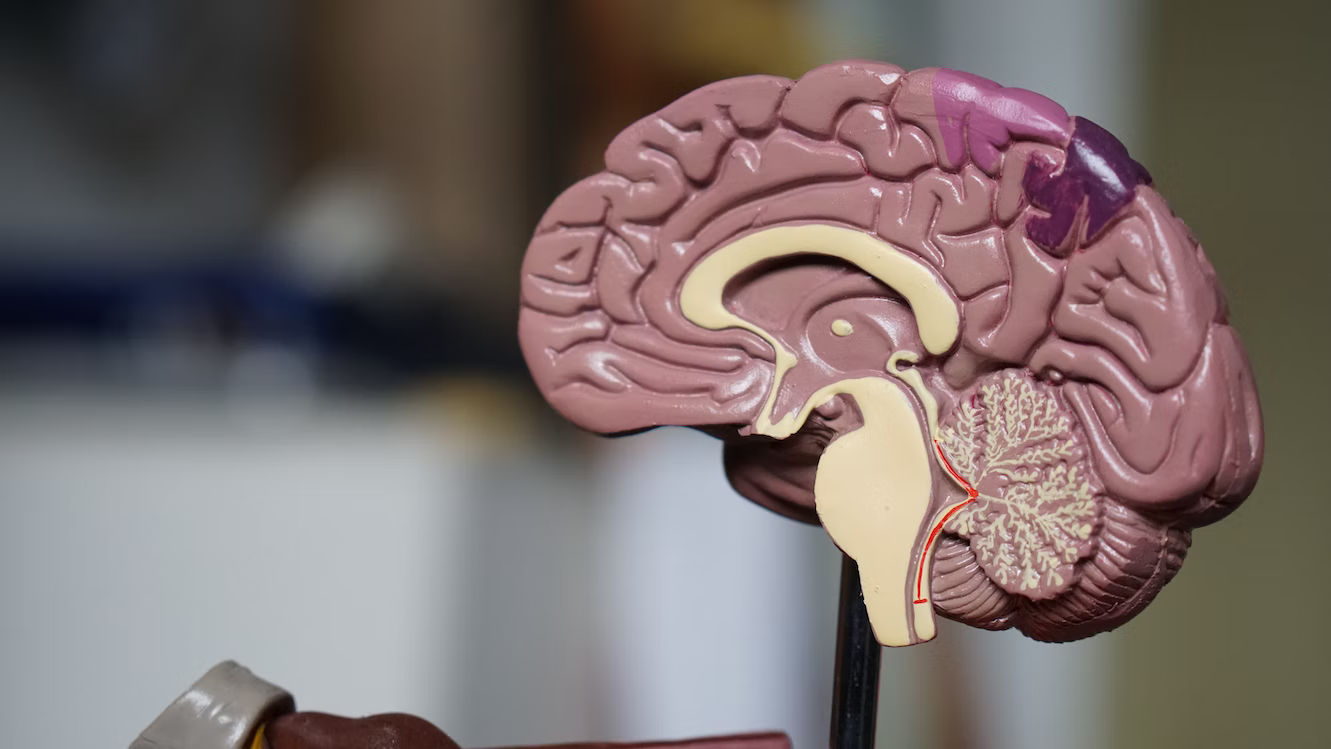Chris Hemsworth conducted a series of genetic testing while filming National Geographic’s Limitless, his new documentary series about fighting the effects of ageing and time, to find out what, if anything, the future might have in store for him. In the show, he describes what he learned as “my biggest fear.”
The APOE4 gene, which has been associated in studies with an elevated risk of Alzheimer’s disease, is present in two copies in his genetic makeup—one from his mother and the other from his father. A 2021 study by the National Institutes of Health found that while one in four people carry the gene, just 2 to 3% of persons had both copies.
Also read: Why Chris Hemsworth is at higher risk of Alzheimer’s disease
What is the APOE4 gene?
There are numerous alleles, or variations, of the APOE gene. The most prevalent APOE, APOE3, is not thought to increase the risk of Alzheimer’s. The extremely uncommon APOE2 gene may offer some defence against Alzheimer’s.
It is unclear why APOE4 raises the risk of developing Alzheimer’s. The APOE protein aids in the transportation of lipids such as cholesterol throughout the body. According to recent research, lipid processing issues in the brain may be a major factor in the development of Alzheimer’s disease and other associated conditions.
Also read: What is lab-grown meat?
Unbalanced lipid levels can harm a number of a cell’s vital functions. This entails generating energy, constructing cell membranes, and transferring molecules inside the cell.
The late Dr. Susan Lindquist and Dr. Li-Huei Tsai of MIT studied how APOE4 influences lipid metabolism in brain cells. The National Institute on Aging (NIA), National Cancer Institute (NCI), and National Institute of Neurological Disorders and Stroke all provided funding for the study (NINDS). A co-first author of the paper was Dr. Priyanka Narayan from the NIDDK at the National Institute of Diabetes and Digestive and Kidney Diseases (NIDDK). On March 3, 2021, findings were released in Science Translational Medicine.
Also read: Sperm count decline could threaten the future of mankind: Study
The research team started by utilising stem cells to produce astrocytes, which are brain cells. They employed skin cells from APOE3 or APOE4 carriers that had been reprogrammed so they could differentiate into any type of cell. These cells, now known as induced pluripotent stem cells, were then persuaded to develop into astrocytes, the star-shaped brain cells that produce the most APOE.
The ability of APOE4 astrocytes to metabolise lipids was altered, the researchers discovered. Triglyceride-containing droplets of fat are collected within the astrocytes. These triglycerides were abnormally high in unsaturated fatty acid chains. The APOE4 astrocytes have significantly more lipid accumulation than the APOE3 astrocytes. When they forced the cells to develop into other brain cells known as microglia, the researchers also discovered problems in lipid metabolism.
Also read: What is Amyotrophic Lateral Sclerosis?
The scientists then investigated if a similar impairment in lipid metabolism would occur in yeast cells carrying the human APOE4 gene. Humans and yeast both have very similar lipid metabolic pathways. Similar to human cells, yeast carrying a copy of the APOE4 gene accumulates lipids.
A biochemical pathway that may be to blame for the abnormalities was found through genetic screening in yeast. Some of the fat accumulation was reversed by increasing the activity of a process that typically generates phospholipids, which are crucial components of the cell membrane.
Also read: 5 celebrities diagnosed with amyotrophic lateral sclerosis
Further studies revealed that choline supplementation of the yeast cell culture restored normal lipid metabolism. Phospholipids can only be made with choline. Choline treatment of human astrocytes with APOE4 resulted in similar advantages. These results offer early evidence in favour of trying choline supplementation in APOE4 carriers.
“What we would really like to see is whether in the human population, in those APOE4 carriers, if they take choline supplements to a sufficient amount, whether that would delay or give them some protection against developing dementia or Alzheimer’s disease,” Tsai clarifies.
It’s crucial to remember that outcomes from experiments on isolated cells don’t always convert into effective methods when conducted on humans.






